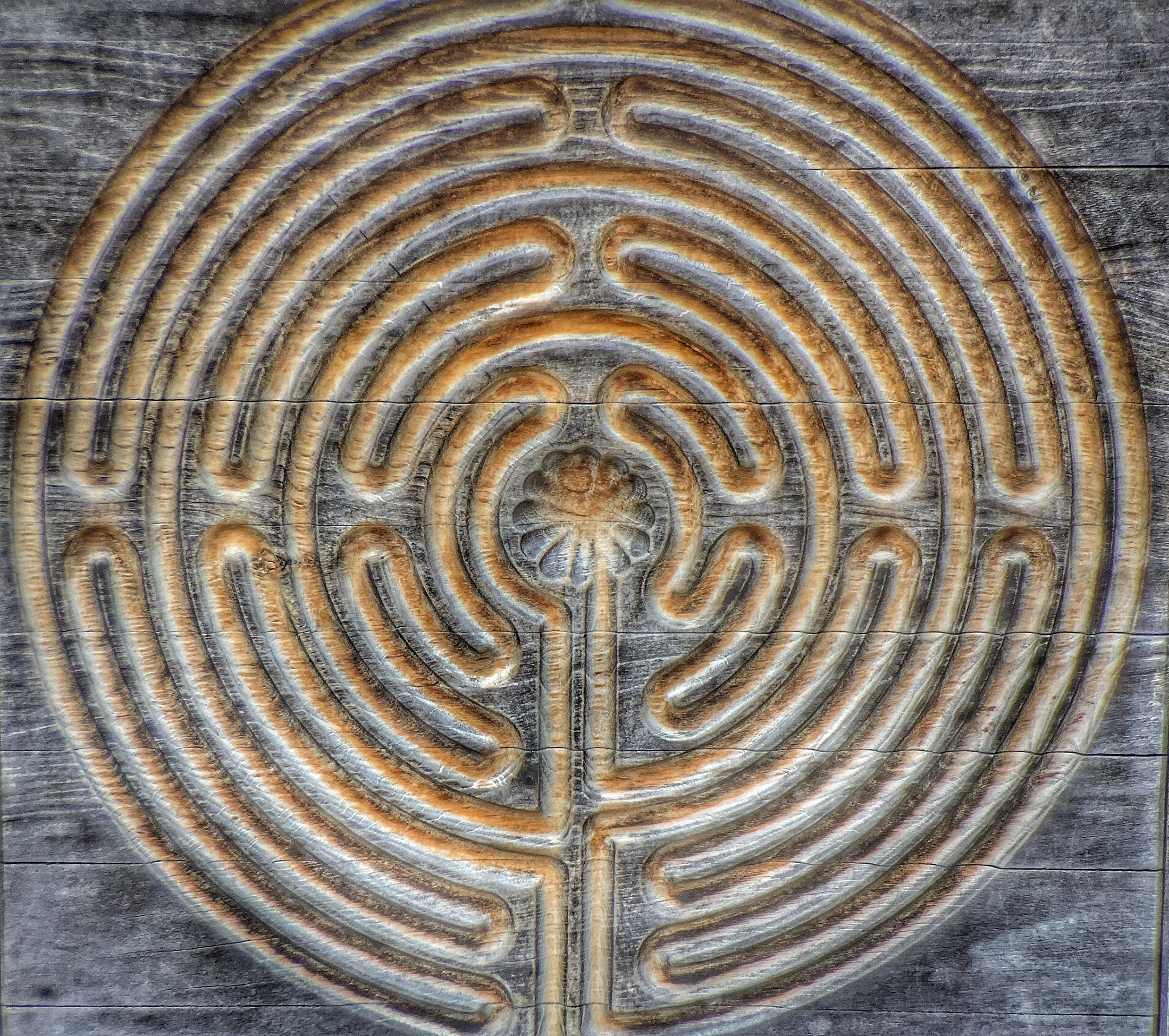Welcome to our “little cloister”
where we
EXPLORE MONASTIC WISDOM FOR EVERY DAY LIVING
Drs. Almut & Chuck with little one
Home of
+The Hildegard Seminar,
+Kierkegaard Masterclass,
+Bach Passionweek Consolations,
+The 12 Days of Christmas Contemplations &
+The “Little School” of Spiritual Formation



